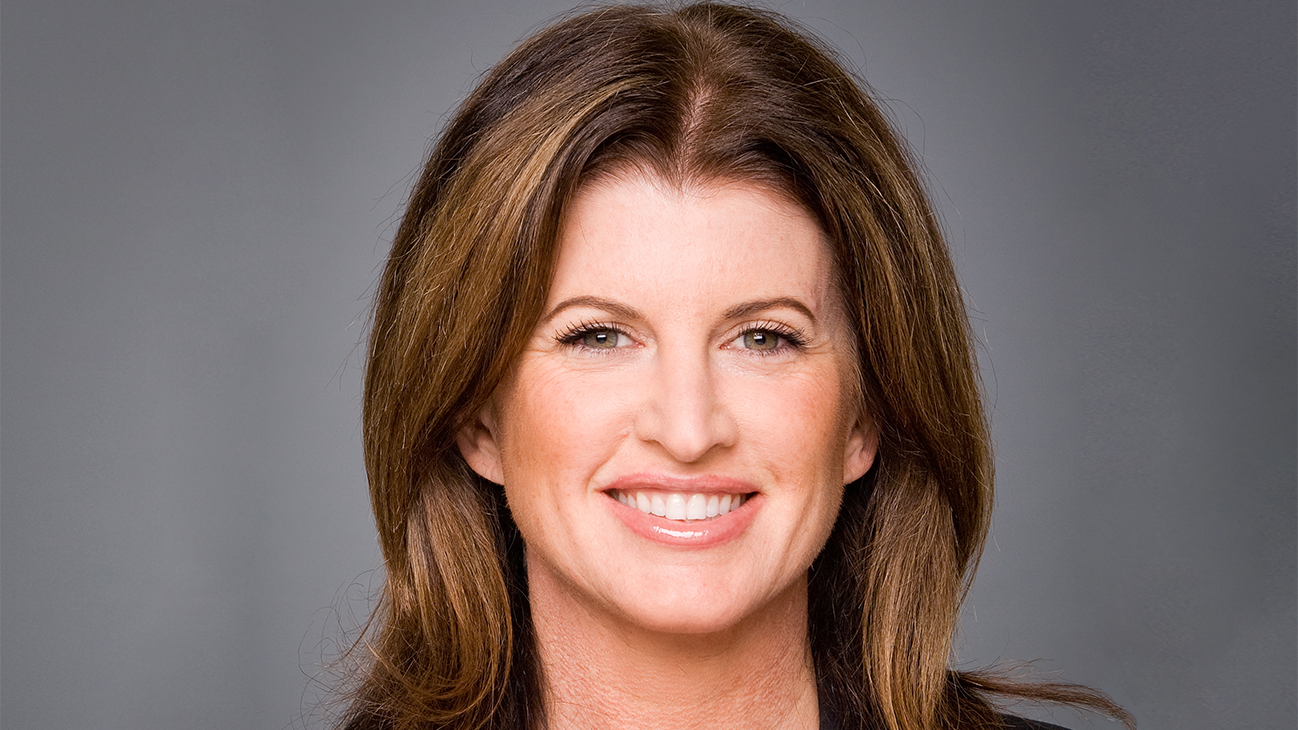Rona Ambrose knows politics. She successfully rose to lead the largest political party in Canada and after her tenure as leader of the Conservative Party it had the highest membership in its history. Pundits say “Rona made it look effortless” — accomplishing all of this while also being named the most civil parliamentarian.
In an interview with The Canadian Press, excerpted below, Ambrose said it’s time for a clearer message on sexual misconduct to come from political spheres, where the #metoo is still in its early stages:
Federal political party leaders must relay a message – particularly to men – that sexual misconduct will not be tolerated, says former interim Conservative leader Rona Ambrose.
Leadership requires letting members of an organization know where the boss stands personally while clear sexual harassment policies must be disseminated to the ranks with guidance on how to use them, she added.
“Say to the men in your party, ‘Look, I know I am not speaking to all of you, but if there’s any kind of this behaviour it has to stop and if we found out there is some of it, it is going to come out and we are going to deal with it,”‘ Ambrose said in an interview.
Ambrose’s comments follow a Canadian Press survey of female MPs in which more than half of respondents – 58 per cent – reported they had personally been the target of one or more forms of sexual misconduct while in office, including inappropriate or unwanted remarks, gestures or text messages of a sexual nature.
…
“I would worry a lot that they may not know where to go,” Ambrose said. “I think that’s the biggest issue.”
She said she personally encouraged staff to raise concerns directly with her about misconduct, adding she remains worried that things like party loyalty may be barriers for women on the Hill who seek to speak up.
Political organizations differ from other types of organizations, Ambrose added.
“In politics, you’ve got that same concern around brand image, reputational damage but that should not be a reason to not address these issues,” she said. “I just think we have to do more, particularly around the staff issue.”
Leadership matters even more for this reason, she said.
“Everyone in those organizations are partisans, they’re party loyalists, they’re party activists to a certain extent,” she said. “If they hear their leader say that, it carries a lot of weight so it really makes a difference.”
Read the full story here.

